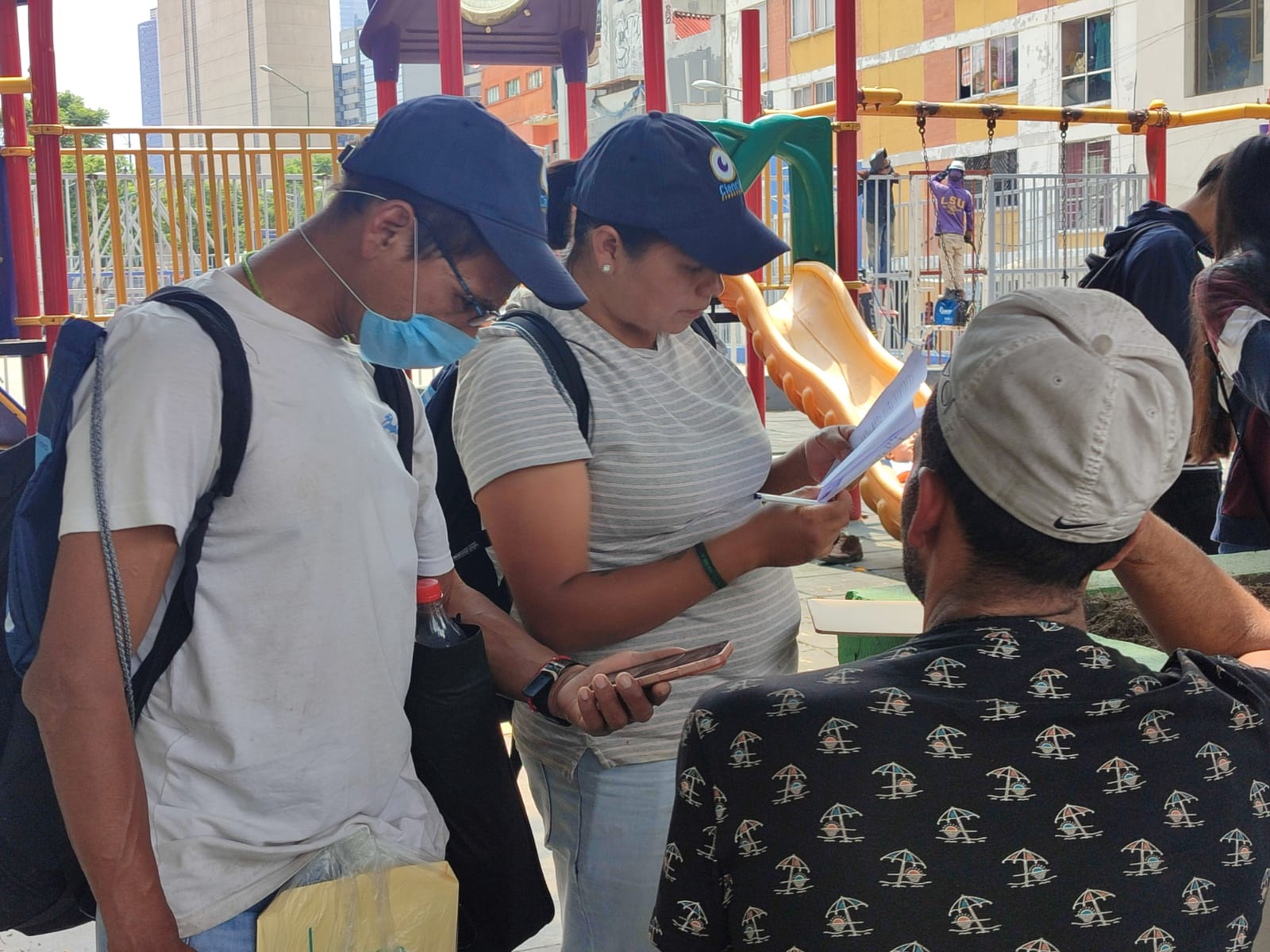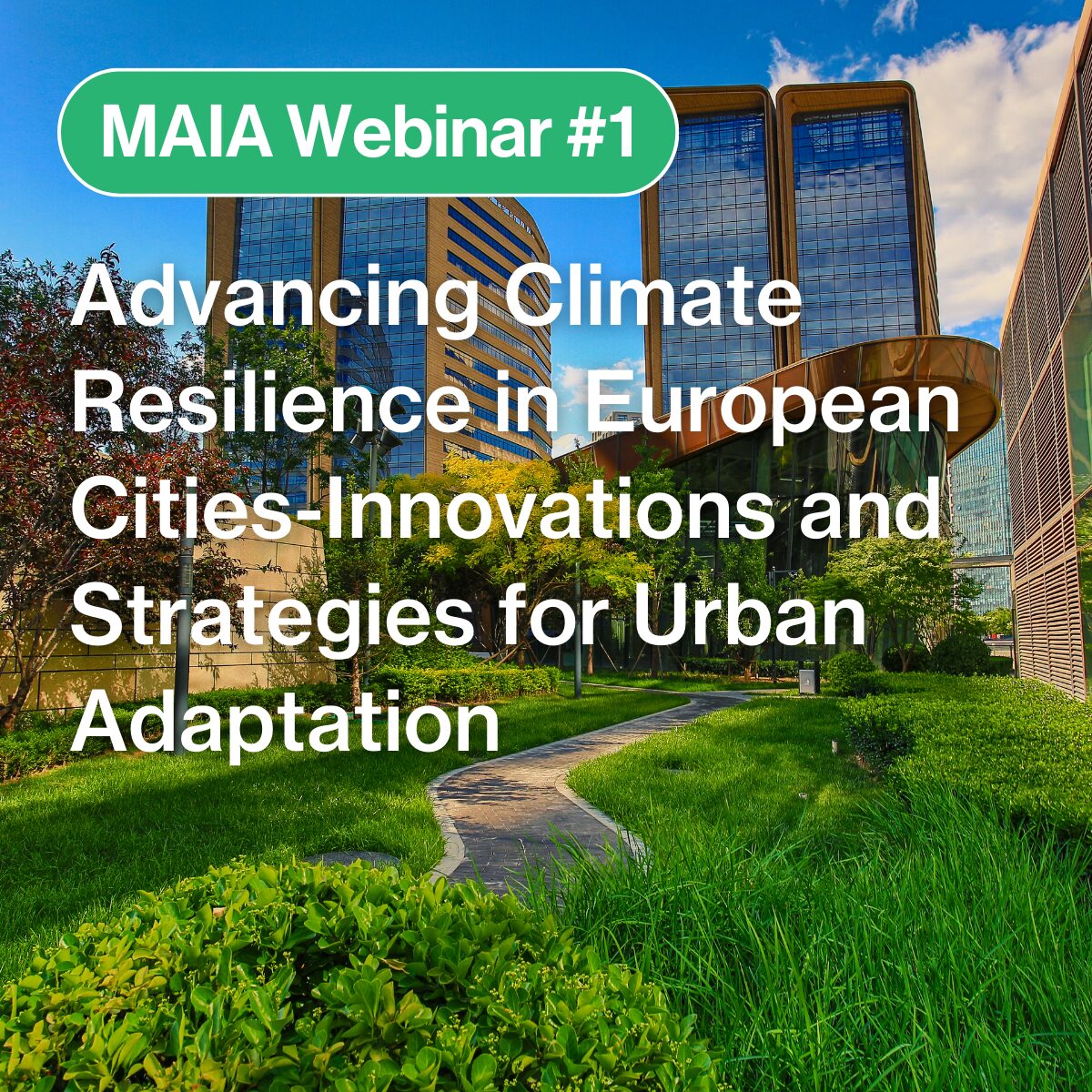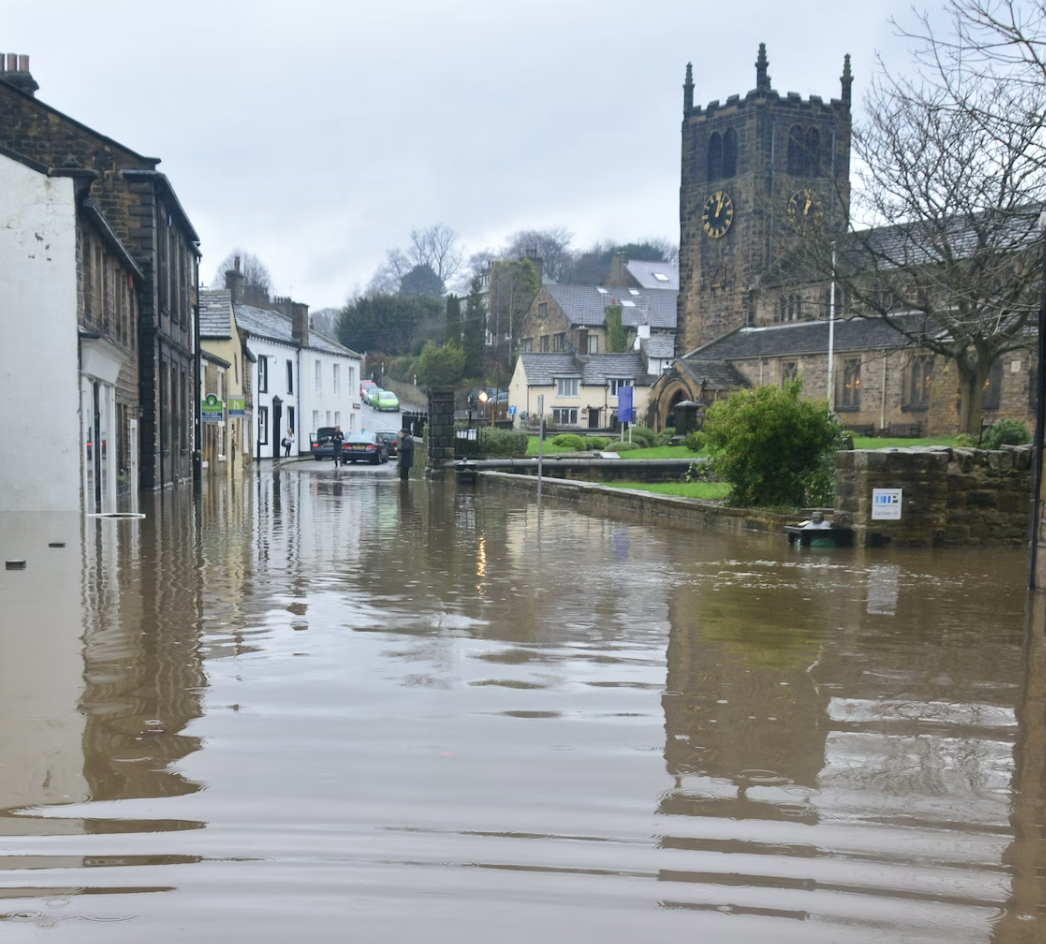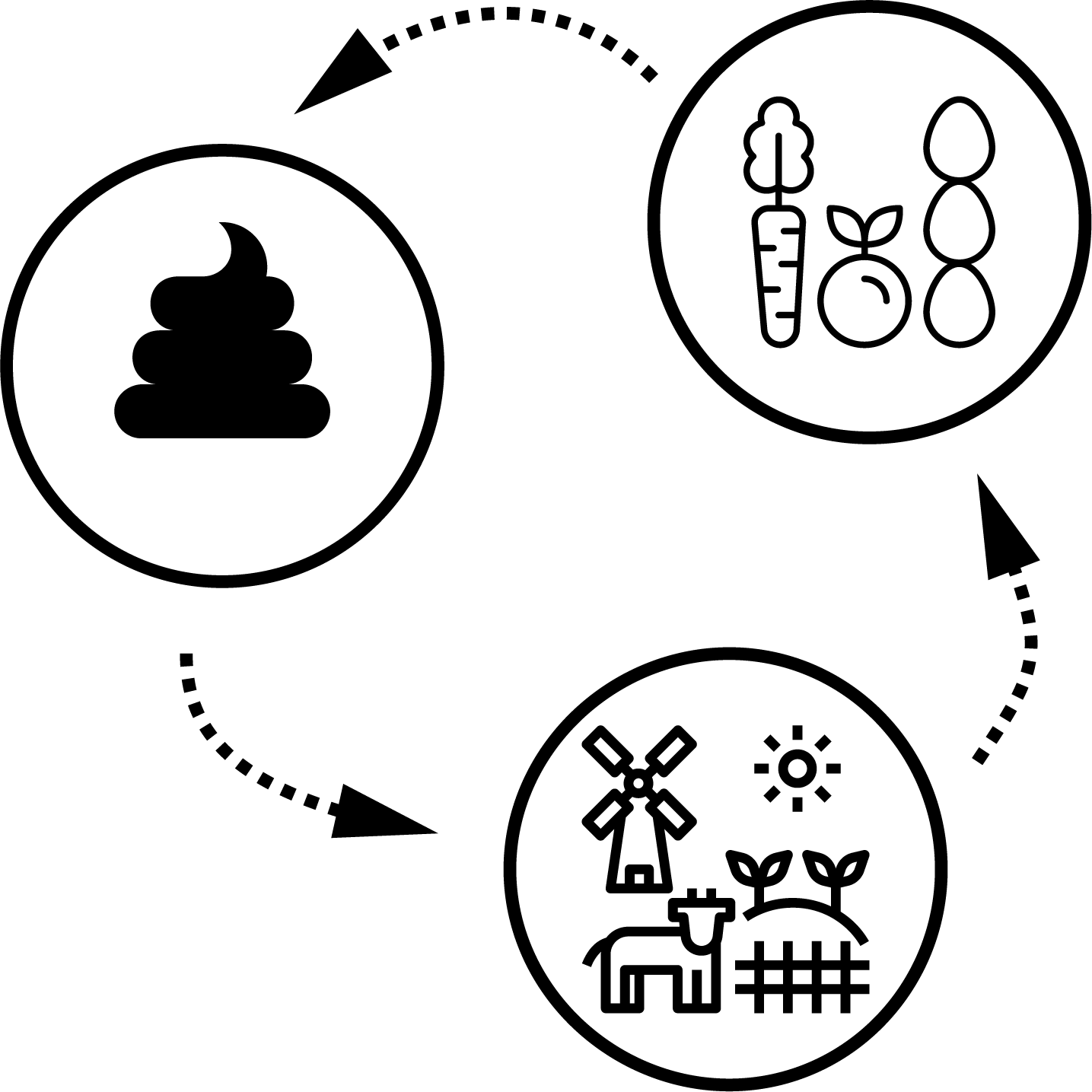urban
Co-created Citizen Science
Citizen Science that is co-created with stakeholders and citizens to support the design, implementation, and outcomes of a project.
Lessons Learned from webinar “Advancing Climate Resilience in European Cities – Innovations and Strategies for Urban Adaptation”
The first MAIA Webinar took place on 9 June 2023, addressing the theme “Advancing Climate Resilience in European Cities: Innovations and Strategies for Urban Adaptation” with the participation of three EU-Funded Projects: CityCLIM, LIFE BAETULO, and ICARIA. Click here to read the lessons learned from this insightful webinar.
Evaluating Adaptation: An Analysis of Policy Progress in Coastal Cities and Regions
Explore the findings of the CLIC project “Are cities properly preparing for climate change?” and learn more about the European Research Council (ERC) funded project ‘IMAGINE adaptation’ in this policy brief. It highlights the urgent need to evaluate adaptation in urban areas and understand progress across governance levels.
Progress in Adapting to Climate Change: 2023 Report to Parliament
See key findings and priority recommendations made to the Government of the United Kingdom in March 2023 by the Climate Change Committee in support of the National Adaptation Programme.
Water Evaluation and Planning (WEAP) Tool
WEAP (Water Evaluation and Planning) is a software tool for integrated water resources planning. It provides a comprehensive, flexible and user-friendly framework for policy analysis.
Low Emissions Analysis Platform (LEAP)
LEAP, the Low Emissions Analysis Platform, is a widely-used software tool for energy policy analysis and climate change mitigation assessment developed at the Stockholm Environment Institute.
Cities and climate change – UN CC:e-Learn short course
Discover how cities are being affected by, and contributing to climate change in this online UN CC:e-Learn course. Learn about how climate change adaptation and mitigation can be considered in urban planning, and find links to other UN resources on climate change for more in-depth and specific information.
Assessing Inequalities in Wellbeing at a Neighbourhood Scale in Nakuru, Kenya and Udon Thani, Thailand
Learn about how surveys were used to explore wellbeing in two low-middle income country cities: Nakuru and Udon Thani. Discover city characteristics that improve wellbeing and promote long-term livability.
Wellbeing Surveys
Discover how survey tools can be applied in different geographical and cultural contexts to explore health and wellbeing. This page will introduce a range of external surveys and demonstrate their use in urban environments through SEI case studies.
EGESTABASE Tool
Learn about EGESTABASE, an emerging online platform that aims to comprehensively map scientific evidence on the recovery of nutrients from human excreta and municipal wastewater for reuse in agriculture. The online platform helps you discover different innovative approaches and studies that exist, and use this evidence to inform decision-making processes.









